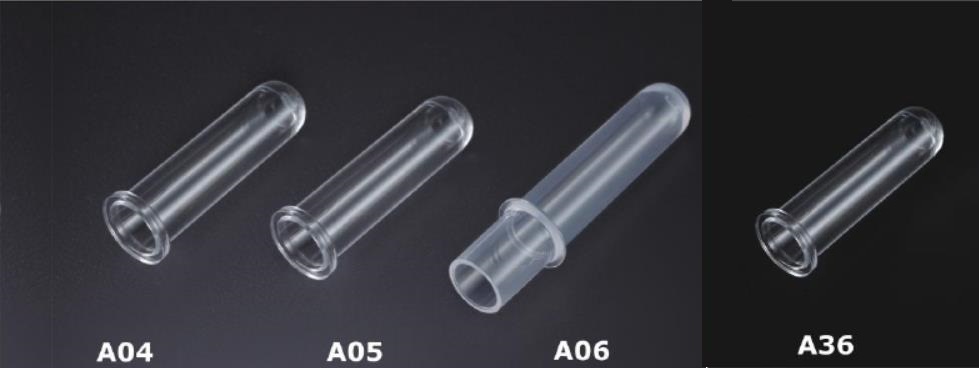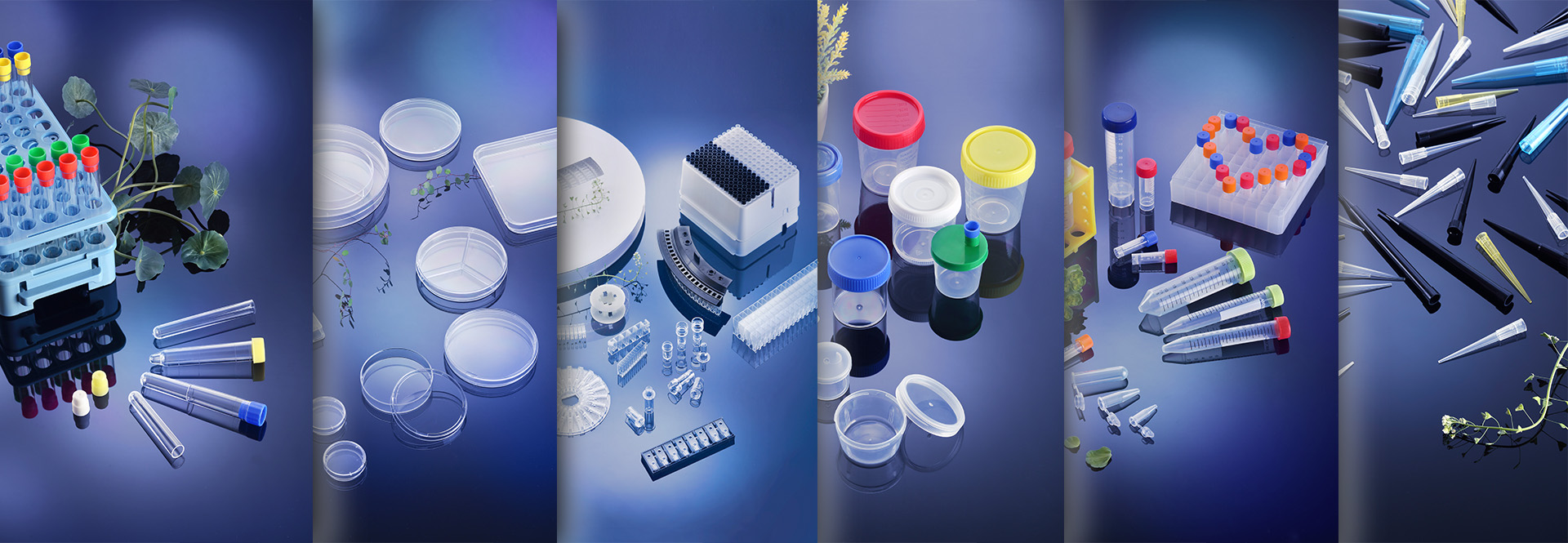Coagulometers are indispensable instruments used in medical laboratories to assess blood clotting abilities. They play a vital role in diagnosing and monitoring clotting disorders, evaluating the effectiveness of anticoagulant medications, and ensuring patient safety during surgeries or interventions. In this article, we will delve into the various types of coagulometers, explain how they function, and highlight their significance in medical diagnostics, ultimately improving patient care and outcomes.
Item No | Description | Packing Info. | Qty./Case(pc) | Case Size(cm) |
A04 | Jap Dongya CA7000 Coagulometer | 2000pcs/bag X 10 | 20000 | 56X35X31 |
A05 | Jap Dongya CA50/530/1500 Coagulometer | 2000pcs/bag X 10 | 20000 | 56X35X31 |
A06 | Bsckman Biochemical Analyzer | 500pcs/bag X 16 | 8000 | 56X35X31 |
Item NO. | Description | Packing Info. | Qty./case(pc) | Case Size(cm) |
A36 | match with Rayto Coagulometer | 2000pcs/bag*10 | 20000 | 56×35×31 |

Coagulometers, the invaluable instruments utilized in medical laboratories, play a critical role in assessing blood clotting abilities. By measuring the time it takes for blood to clot, coagulometers aid in diagnosing and managing clotting disorders, monitoring anticoagulant therapy, and ensuring patient safety during surgeries or interventions. Understanding the different types of coagulometers, how they function, and their significance in medical diagnostics is essential for healthcare professionals.
Various types of coagulometers exist, each with unique features and testing capabilities. Optical coagulometers employ light-based technology to detect changes in the clotting process, enabling accurate measurement of clotting time. Mechanical coagulometers, on the other hand, employ mechanical or electromechanical methods to determine clot formation. These instruments are often preferred for their simplicity and ease of use. Additionally, automated coagulometers offer enhanced efficiency and precision by automating multiple clotting factor assays simultaneously.
The functionality of coagulometers revolves around their ability to assess several clotting parameters. Prothrombin Time (PT) and Activated Partial Thromboplastin Time (APTT) are commonly measured to evaluate both intrinsic and extrinsic clotting pathways. International Normalized Ratio (INR) values are derived from PT measurements, aiding in the monitoring of anticoagulant therapy, particularly with warfarin. Other tests include fibrinogen levels, factor assays, and D-dimer measurements, providing a comprehensive evaluation of the clotting system.
The importance of coagulometers in medical diagnostics cannot be overstated. Clotting disorders, such as hemophilia and von Willebrand disease, require accurate diagnosis and management to prevent bleeding complications. Coagulometers facilitate the detection of these disorders and enable healthcare professionals to tailor treatment plans to individual patients. Additionally, coagulometers are vital in monitoring anticoagulant therapy, ensuring that patients receive optimal doses, minimizing the risk of bleeding or thrombotic events.
To ensure accurate and reliable results, proper maintenance of coagulometers is crucial. Regular calibration, cleaning, and quality control procedures should be followed to guarantee instrument performance and data integrity. Adhering to manufacturer recommendations and laboratory quality assurance protocols is essential for obtaining accurate and consistent outcomes.
In conclusion, coagulometers are indispensable instruments in medical diagnostics, playing a critical role in assessing blood clotting abilities. By understanding the different types of coagulometers, their functionality, and the importance of their role, healthcare professionals can enhance patient care and contribute to better clinical outcomes. With accurate clotting assessments, tailored treatment plans, and ongoing monitoring, the management of clotting disorders and anticoagulant therapy can be optimized, ensuring patient safety and well-being.

Contact: Neo
Phone: 008615867460640
E-mail: Info@Hwtai.com
Whatsapp:008615867460640
Add: Building 2, Xinmao Qilu Science Technology Industrial Park, Tianqiao District, Jinan City, Shandong Province,China.
We chat
